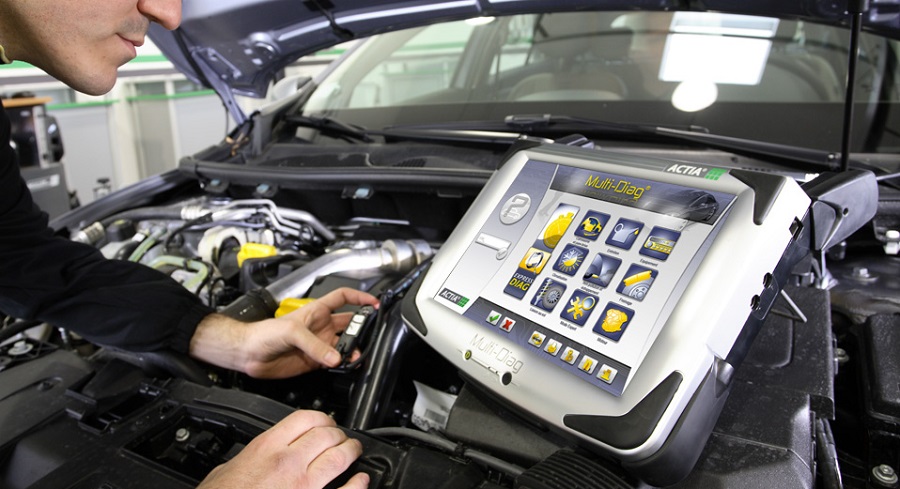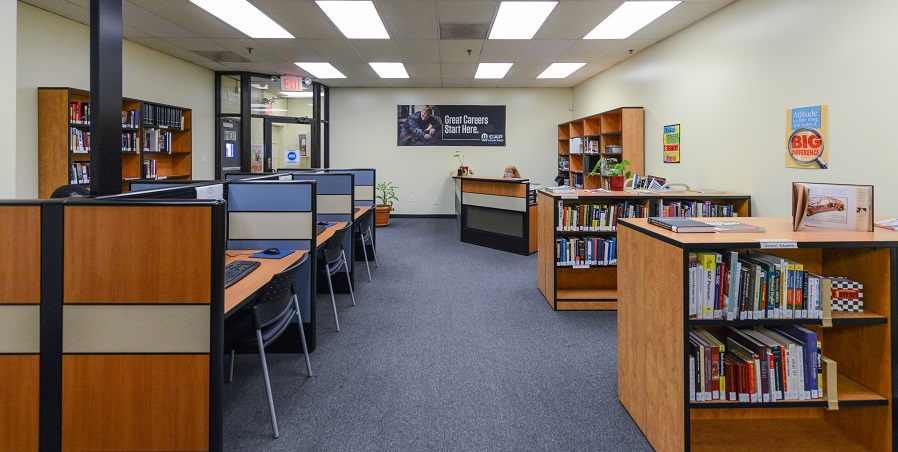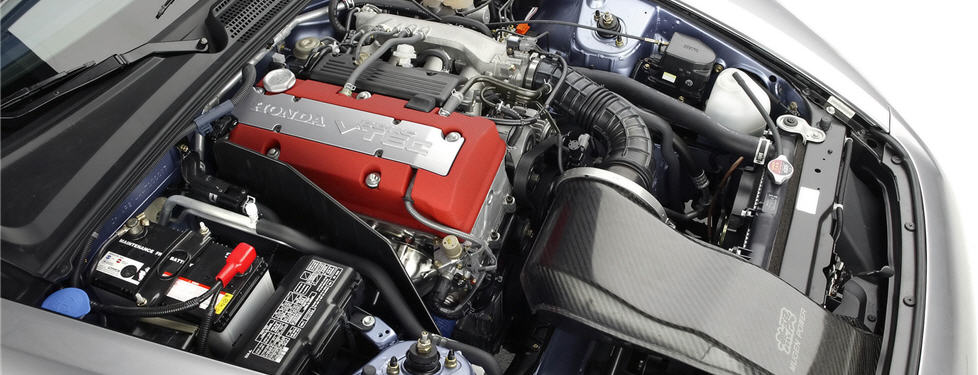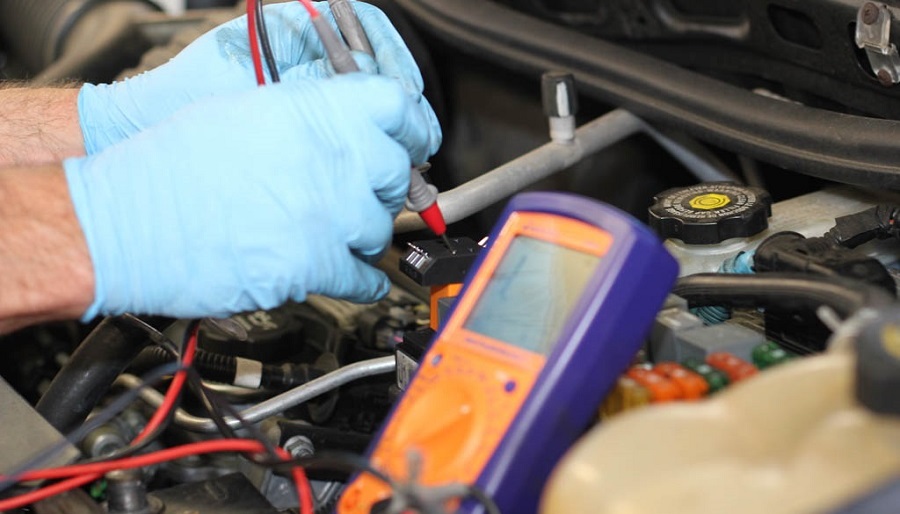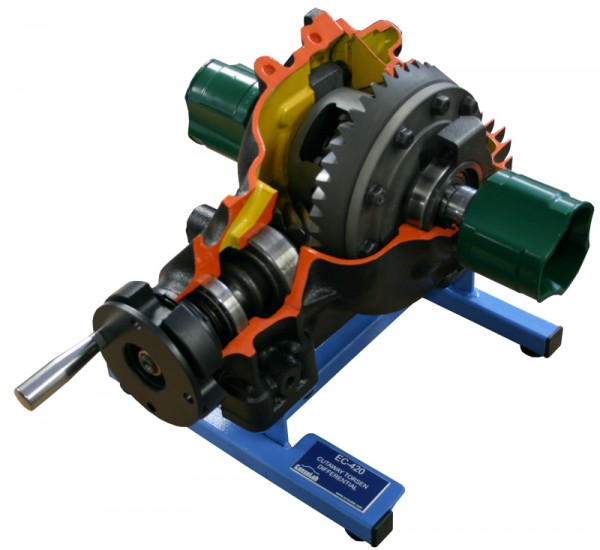AT215 – Climate Control
This course provides classroom and laboratory hands-on activities concerning the theory and operation of heating and air conditioning systems. Students will learn about heat transfer, temperature/pressure relationships and control systems. Heating, air conditioning and passenger comfort will be looked at using multi-zone automatic climate control trainers. Students are taught to use refrigerant recovery and recharging equipment on laboratory vehicles which provides practical experience while reinforcing safety and environmental considerations. The laboratory component of the course includes various activities that follow the guidelines of the National Technicians Education Foundation (NATEF). A
AT208 – Automatic Transmissions I
This is a comprehensive lecture and laboratory class which focuses on the operation, diagnosis and repair of automatic transmissions and transaxles. In order to help the student understand how an automatic transmission accomplishes multiple gear ranges, power flow through the transmission will be stressed. The operation of electronic transmission controls will be discussed and diagnostic procedures will be taught and implemented. In-car transmission service and repairs will also be discussed and performed. The laboratory component of the course includes various activities that follow the guidelines of the National Technicians Education
AT202 – Advanced Electrical Systems
This is a comprehensive lecture and laboratory class which builds on the two previous electrical/ electronic courses. Emphasis is placed on the theory, operation, component identification and repair of audio and entertainment systems, power accessories such as power windows and locks, keyless entry, anti-theft systems and cruise control systems. Additional topics included in this course are the theory, operation and repair of various supplemental restraint systems. The laboratory component of the course includes various activities that follow the guidelines of the National Technicians Education Foundation (NATEF). A library/internet research written
EG101 – College Reading and Writing
This course focuses on the development of critical reading and effective writing for college course work. Students are introduced to essay reading and writing that is useful for college academic programs and workplace settings. The course emphasizes the student’s ability to read and understand professional articles and essays as well as to express ideas in clear, succinct, Standard English prose in a variety of rhetorical patterns. The course includes an introduction to research and students will use what they have learned to write a short research-based essay.
AT112 – Engine Electronics
This lecture/laboratory course utilizes the students’ prior understanding of electrical/electronic principles to better comprehend the complex electronically controlled systems used to monitor engine operation and emission compliance. Additionally students will study the theory of operation, design and problem diagnosis of modern ignition systems. Computerized engine controls, sensors and actuators and engine management systems will be discussed and diagnosed using the most sophisticated training aids in the industry. The laboratory component of the course includes various activities that follow the guidelines of the National Technicians Education Foundation (NATEF). A library/internet research
AT101 – Engine Repair
This course combines lecture and laboratory hands-on activities, focusing on the fundamentals of automotive engine repair and rebuilding. Students will learn how to disassemble, diagnose, measure and repair cylinder heads, engine blocks, pistons and connecting rods, crankshafts and valve trains. Emphasis will be placed on the proper use of precision measuring tools such as outside micrometers and cylinder bore gauges. Students will also learn to perform a complete engine valve service and how to properly set camshaft timing. The laboratory component of the course includes various activities that follow the
AT108 – Automotive Electrical Foundations
This course combines lecture and laboratory hands-on activities, focusing on the fundamentals of an automobile electrical system. Emphasis will be placed on direct current electricity, basic electrical theory, series and parallel circuits, power distribution, electrical test equipment and the understanding of wiring diagrams. The operation, testing and repair of batteries, starting and charging systems as well as a concise diagnostic approach to repairing automotive wiring concerns are covered in this course. The laboratory component of the course includes various activities that follow the guidelines of the National Technicians Education Foundation
AT105 – Manual Drive Trains & Axles
This course provides classroom and laboratory hands-on activities concerning the theory of operation, inspection, construction, diagnosis and repair of clutch assemblies, manual transmissions/transaxles; drive lines, universal joints constant velocity joints and final drive assemblies. Students will learn to identify manual transmission components, explain fundamental operation, understand gear principles and trace power flow. Emphasis will be placed on problems solving and diagnosis of power train malfunctions. The laboratory component of the course includes various activities that follow the guidelines of the National Technicians Education Foundation (NATEF). A library/internet research written project
AT100 – Performance Fundamentals
This course introduces the student to the fundamentals of engine operation. Students will learn to identify engine components and to have a thorough understanding of the four-stroke cycle principle. Once engine operating principles are understood, the student will then learn to properly identify engine mechanical problems and perform pinpoint testing using state-of the-art equipment and diagnostic procedures. Cooling and lubrication systems will also be discussed along with their components and diagnosis and repair procedures. The laboratory component of the course includes various activities that follow the guidelines of the National
